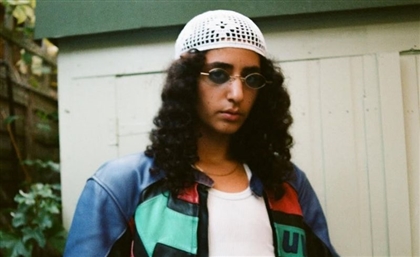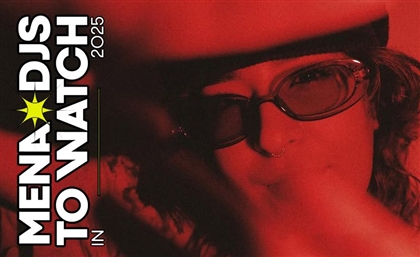Retro Cassetta: Reviving Morocco’s Lost Sounds, One Tape at a Time
How a Personal Cassette Collection Became a Global Archival Movement
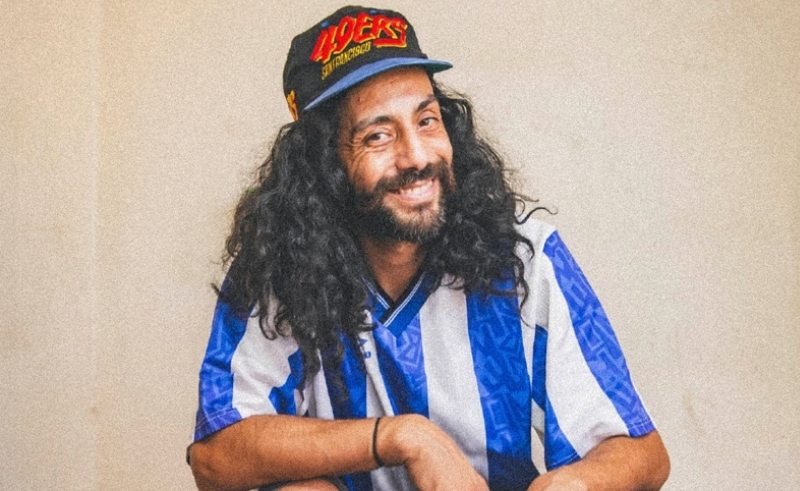
For many, cassettes are relics of a bygone era—objects of nostalgia or forgotten artifacts gathering dust in old boxes. But for Retro Cassetta, they are living history. What started as a personal passion for collecting and digitizing tapes has evolved into a full-fledged archival project, bringing lost and overlooked sounds from North Africa back to life.
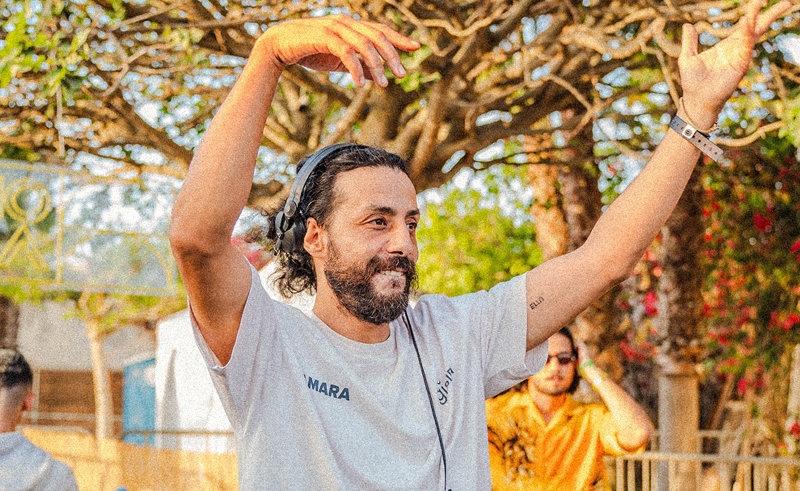
“It was always my favorite medium,” says Retro Cassetta. “Even before this project, I only listened to music through tapes.” But it wasn’t until the world hit pause during the pandemic that this passion took on a larger purpose. With his work in the circus industry suddenly at a standstill, he turned to his collection, broadcasting live sessions on Instagram and Facebook, sharing obscure tracks, and sparking a wave of curiosity. “People kept asking, ‘What is this song? Where can I find it?’ That’s when I realized the music was disappearing, and it became a necessity to archive it.”
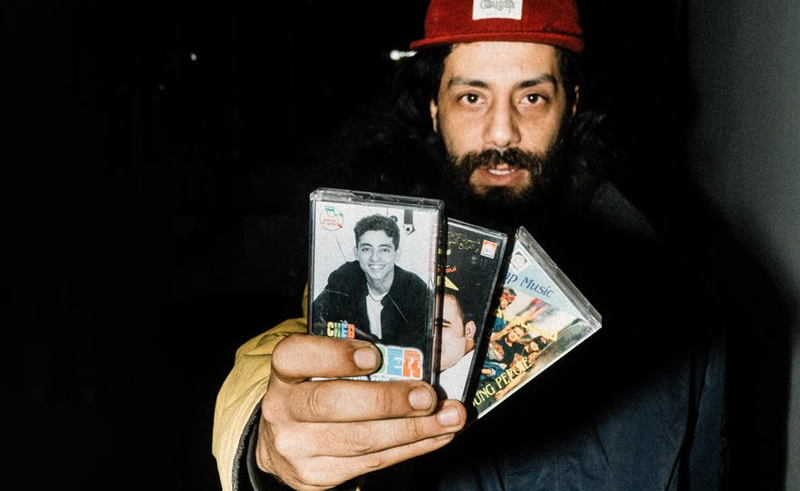
From Personal Collection to Global Platform
Retro Cassetta’s project took off as radio stations reached out for mixtapes, and the demand for his selections grew. “People couldn’t find the music I was playing, so I started digging deeper, spending more time and energy tracking down lost gems. It became urgent to create an archive before these tapes vanished completely.”
Among the most surprising finds? “Two tapes stand out—Rachid Fethi’s Instrumental and Trio Sacav—because they blend house music with traditional Moroccan sounds in a way I hadn’t heard before.” But the ultimate holy grail? “Hafid El Fetouki’s first tape. It was only commercialized in Belgium in very small quantities, and I’ve been searching for it ever since.”
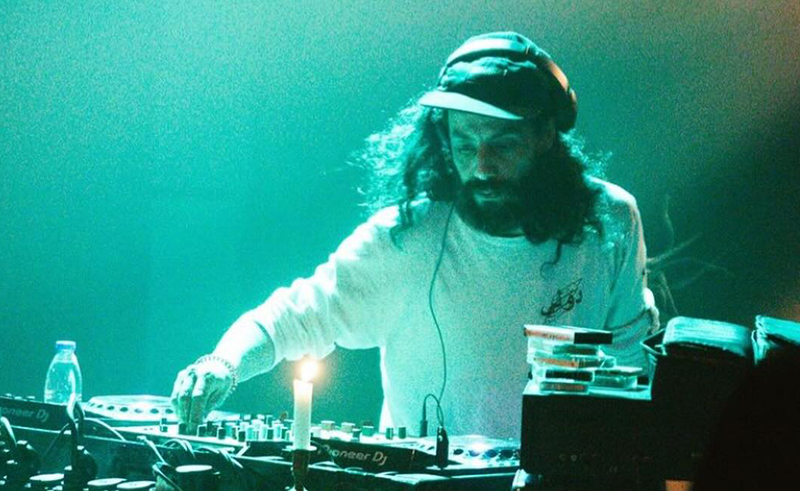
Preserving the Past, Sounding Like the Future
The process of digitization is as much about preservation as it is about maintaining the integrity of the music. “I don’t touch the sound—I play it as it is. People are often shocked and think I’ve manipulated it, but no. A lot of these artists were truly ahead of their time.”
That sense of forward-thinking creativity is something he still sees in today’s scene. The underground music movement in North Africa has always found ways to innovate, from cassettes in the past to digital platforms today. “Different types of music always find their way back into the scene. I don’t see it as a trend—it’s just part of the cycle.”
Retro Cassetta’s own mixes reflect this blend of past and present. From Chaâbi to Raï to Moroccan rock, his selections connect dots between decades and genres. When asked wholisteners should check out, he highlights Cheb Runner, who
fuses Moroccan rhythms with club music, and Athay Synth, whose work reshapes traditional sonics into modern compositions.
Boiler Room, NTS, and What’s Next
A major breakthrough came when Retro Cassetta played Boiler Room Marrakech, a set that showcased the sounds of his childhood to an international audience. “It happened out of the blue thanks to my friend Yazid, who was curating the event. He wanted something that truly represented Morocco, so he brought me and my friend Reda, aka Cheb Runner.” The impact was immediate. “That set opened so many doors. After that, Giulia—my partner in Retro Cassetta—started receiving requests, and suddenly, we were playing Glastonbury, We Out Here, and other major festivals.”
Their NTS Radio show, ‘The Tape Journey,’ has since become another essential space for sharing the depth of North African music. “We’re dedicated to showcasing the diversity of Moroccan sounds from the ’80s until today, there are so many hidden gems that deserve recognition.”
As for what’s next, Retro Cassetta is setting up a music label focused on re-editing older Moroccan artists and building larger events around them. “We want to make sure this music doesn’t just survive; it needs to be heard, celebrated, and given new life.”
And if he could time-travel to any era? “The ’90s, no question. It was the golden age of the tape industry.”
For Retro Cassetta, cassettes aren’t just a format—they’re a movement.
- Previous Article UAE Tourism Generates USD 12.26 Billion in Hotel Revenues in 2024
- Next Article Abu Dhabi to Host 7th Culture Summit in April 2025








